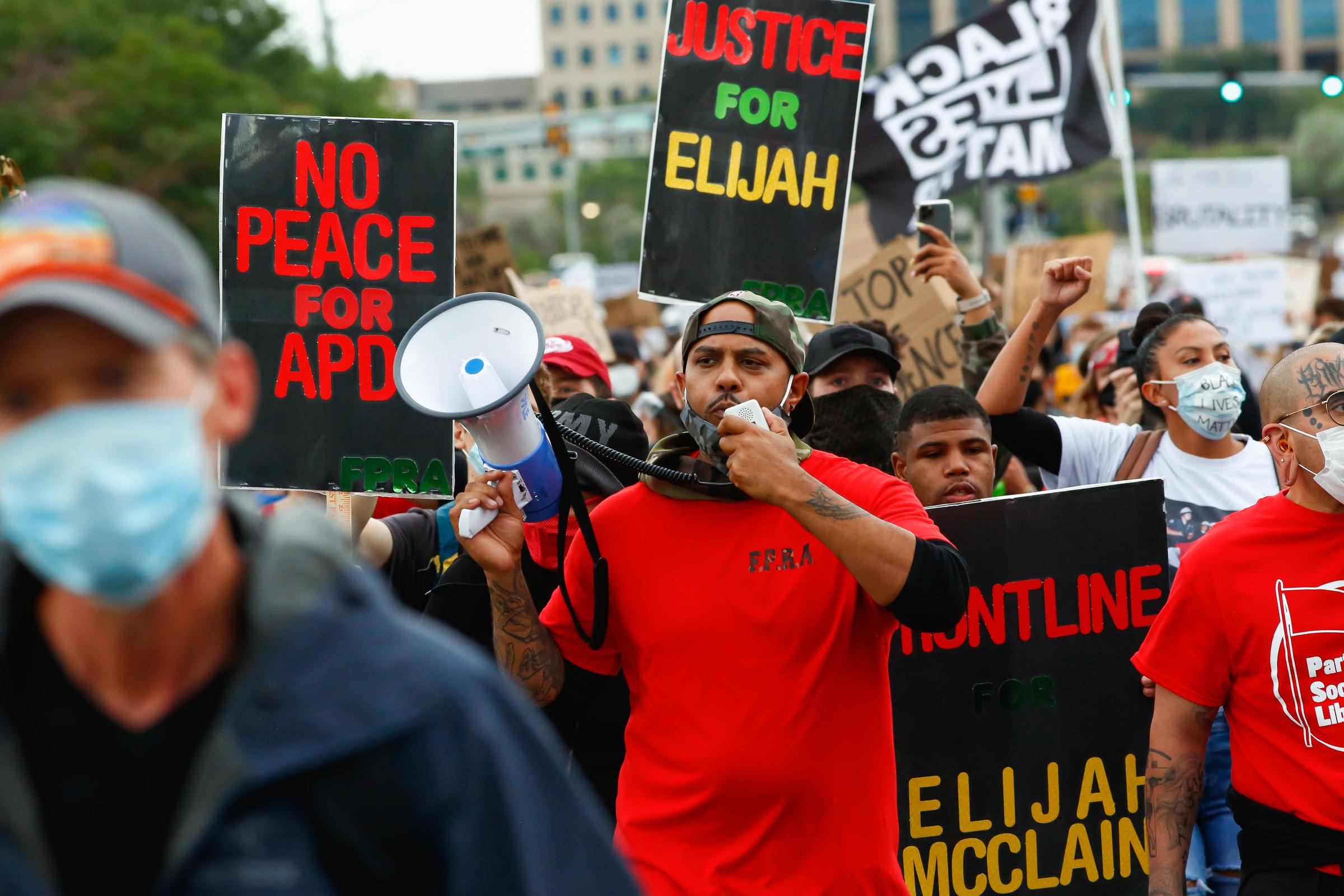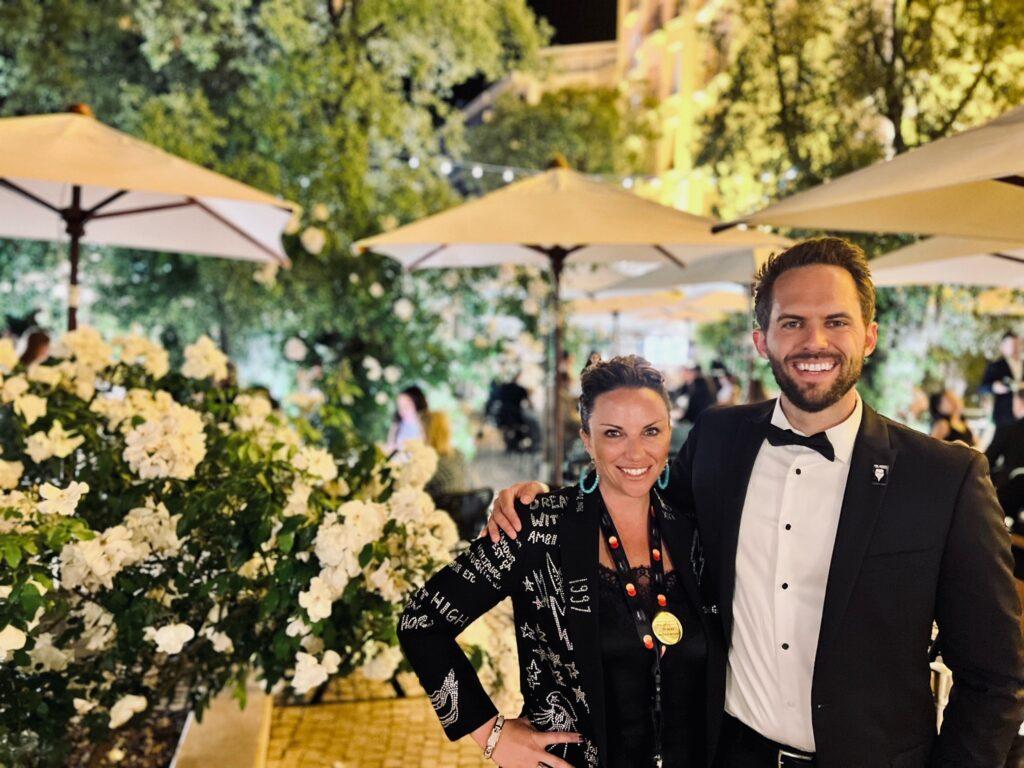
The world is getting a view of Colorado through two documentaries now touring the film festival circuit.
Julian Rubinstein’s feature-length documentary, The Holly, following a book by the same name, recently won the audience choice award for documentaries at Telluride’s Mountainfilm Festival over Memorial Day weekend. Rubinstein, a 53-year old University of Denver visiting journalism professor, is now seeking a distribution deal.
The Holly is about the 2013 shooting of a suspected gang member by Terrance Roberts, a former gang-leader who became an anti-gang activist. The story takes place in a part of Denver’s Park Hill neighborhood known as The Holly, a historically Black neighborhood in northeast Denver.
Rubinstein began working on it in 2014 and completed the project for about $500,000.
“At the heart of the story was this shooting case that I was trying to figure out what had happened,” he said during a recent interview. “And there is an incredible amount of archival footage that I had either discovered or been given that also helped tell a visual story that I thought had a lot of power.”
There was never really a question that Roberts shot the man, leaving him paralyzed. But the 100-minute film focuses on the suspense around whether his claim of self defense would sway the jury. Roberts was acquitted.
“I was, on the day of the verdict, extremely just agitated and stressed,” recalled Rubinstein. “And I just remember being in that courtroom, feeling my heart just pounding.”
It was a feeling he hoped to convey to an audience.
“When I was editing, I knew the outcome…,” Rubinstein said. “If I could just kind of manage to recreate the tension and suspense, really that I felt while reporting the story, that I would be able to create a suspenseful and intriguing documentary.”
Filmmaker Adam McKay has now signed on as Executive Producer and Rubinstein is waiting to see if that will result in the film getting distribution and finding a wider audience.
Roberts, 45, who went to the festival in Telluride with Rubinstein, said he loved the film.
“I got to see for the first time what other people were saying to him when I wasn’t there, because I had never seen the footage and I didn’t know,” he said. “It was weird to see myself like that and for him to compel all these different moments into an hour and a half, and these things took years.”
The other Colorado film has played on an even bigger stage. Marcel Narucki is the subject of “My Father’s House,” a 16-minute look at the evolution of an Aurora church. It was produced by Amanda Blaurock, who, like Rubinstein, is a first-time filmmaker.

The 46-year-old Denver resident has worked as an international and intellectual property lawyer for the past 20 years. She decided to try her hand at filmmaking with a short documentary about the transition of St. Matthew Lutheran Church in Aurora. It opened in 1949 and at one time had about 300 parishioners, but as demographics changed and the church lost attendees, it transitioned into a spiritual community hub in 2018, renamed the Village Exchange Center. It’s a worship space for people from all over the world. It also distributes food and provides other community services.
“We have four different Christian based congregations,” said Blaurock, who is the executive director. “So a Bhutanese Nepali, Akachin, from Myanmar, Burma. And a Congolese and the African American ones,” she said. “And then sporadically throughout the year, we have different Hindu and Buddhist festivals.”
The short film was made for about $35,000 and it won the emerging filmmaker showcase in the documentary category at the American Pavilion in the Cannes Film festival in 2020. Because of the pandemic, Blaurock went to get the award at the festival this year.
The church has now been redesigned with an architect, and now has 200 seats, an 80-foot ceiling, and retractable bleachers.
Pastor Marcel Narucki, 63, said the movie can reframe how people see the value of churches in transition.
“People who maybe at some point have been a churchgoer, and they look at the documentary and they think, ‘Gee, church can be like that. Church can do things like that.’’
Next month, the film will be in the Wyoming International Film Festival, according to Blaurock.









